Optometry & Optometrist – India scenario
INTRODUCTION
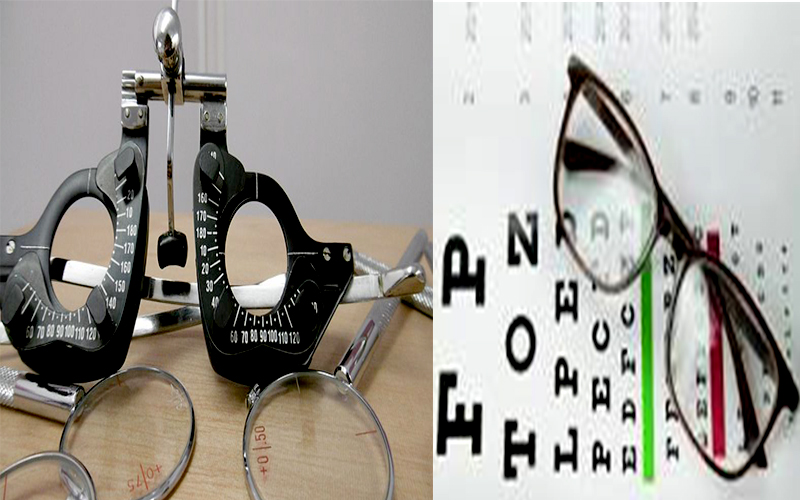
Optometry is a lesser-known subject both academically and as a profession in India. With the exception of the healthcare sector, Optometry does not have the mass awareness among the general public. The number of schools, colleges and universities catering to this subject are very few.
Unlike in US, Canada and other Pacific countries like Australia where Optometry and Optometrists are duly recognised and that the regulations there allow therapeutic applications to the practise of Optometry.
However, in India, it is yet to be considered as one of the mainstream curriculums/professional courses. In spite of this situation, there are schools and colleges that have diploma and degree courses in Optometry and that the numbers are increasing.
There is Optometry Council of India, a self-regulatory body formed in 2012 as member of Asia Pacific Optometry Council and country member of World Council of Optometry representing over 40,000 optometrists across India.
The Indian government under UGC has recognised Optometry as a professional course and the degree awarded is B. Optom
Having acquired these credentials, it is mystifying that this subject/sector is yet to gain mass awareness and acceptance.
To know more about this subject and profession, LSW thought it would be appropriate to gather information from Optometry Council of India and ASCO India.
LSW is bringing out this two-part feature, with the first part carrying an exclusive article written by Dr. Prema Chande, one of the Board members of Association of Schools and Colleges of Optometry and Optometry Council of India.
This also includes a first-hand information “Starting of ASCO India-My point of View” by Vivek Mendonsa, Trustee, ASCO India, Board Member of Optometric Council of India and Director - Marketing of Lawrence & Mayo.
An exclusive interview with Prof Peter Hendicott, President World Council of Optometry with headquarter in USA.
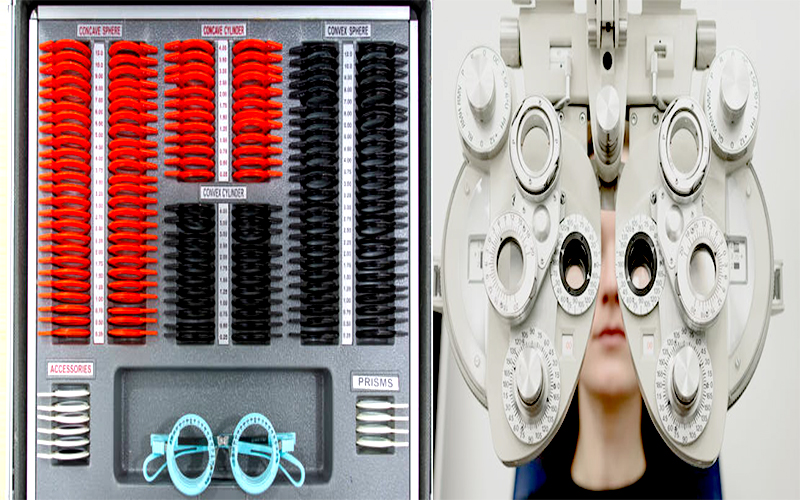
Optometry – by Dr Prema Chande,
Board member of Association of Schools and Colleges of Optometry and Optometry Council of India.
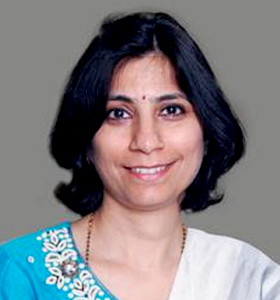
Click here for Dr Prema Chande's complete profile
This article is also available in Guest Desk Click here
Introduction
Optometry is a primary healthcare profession regulated under the National Commission for Allied and Healthcare professionals ACT 2021. The act defines an Optometrist as a “Professional who studies eye, related ailments and specializes in the management of disorders of eye and visual system, limited in scope and complexity as performed by a medical doctor having Optometrists with a minimum of four years of a baccalaureate degree”. The University Grants Commission’s nomenclature for Optometry programs is, B. Optom for a four-year undergraduate program and M.Optom for 2-year master’s program.
Optometrists in simple words are eye health physicians and Ophthalmologists are eye health surgeons.
History of Indian Optometry
Optometry in India was established under the National Program for Control of Blindness as a 2-year diploma program to assist Ophthalmologists in outpatient departments, therefore giving them more time to perform the much-needed cataract and other surgeries leading to curable and preventable blindness. The first program was established in 1958, at Gandhi Eye Hospital in Aligarh, UP.
The profession of Optometry was already established in the late 1800s, in countries like the United Kingdom and the United States. The profession grew to such an extent that ophthalmologists almost saw the professionals as encroaching into their scope of practice.2
Although Optometry was slow in its growth, the profession has certainly evolved the right way in India. Despite the exponential growth of Optometry, due to the growing needs of the population and the need for eye and vision care services, India still needs at least another estimated 100,000 optometrists as of 2023
Key Milestones in History of Indian Optometry - 1927 – 2023
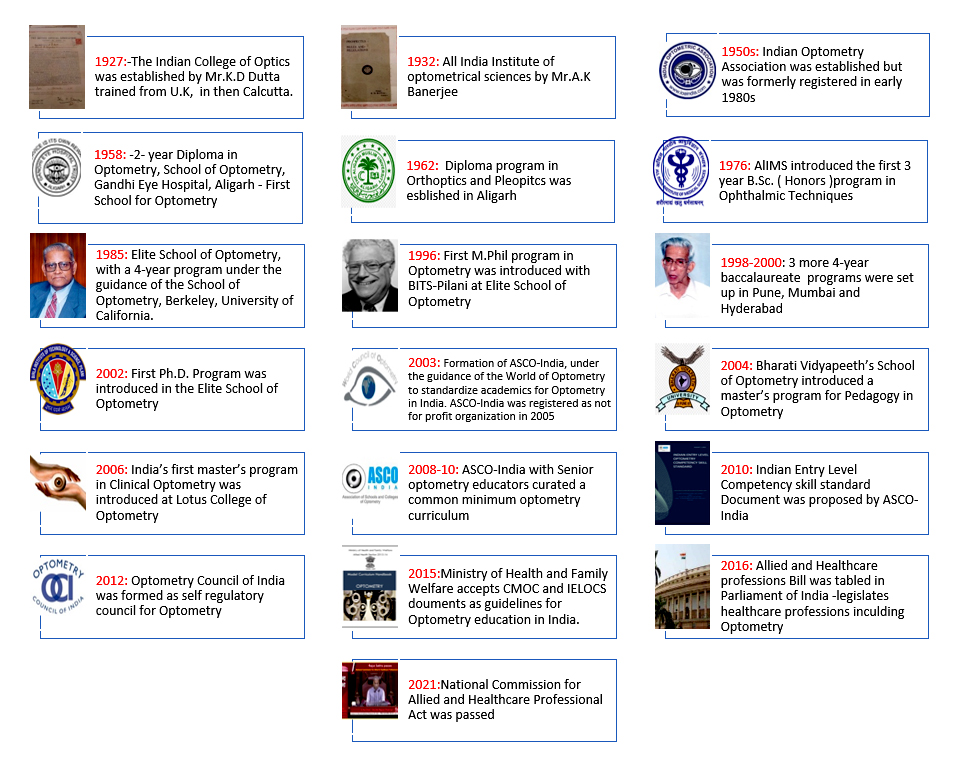
How can one become an Optometrist?
Eligibility: Students who have completed their higher secondary education with Physics, Chemistry, Biology/ Mathematics (in some universities) are eligible to apply for a B.Optom program
B.Optom Program: This course includes 3 years of academics and 1 year of internship. The first academic year covers subjects of basic medical sciences like Anatomy, physiology, biochemistry, microbiology, and optics. Second academic year, optometry subjects are introduced like eye diseases, diseases, examination of the visual system, optometric optics of spectacles, etc. Optometry specialty subjects like contact lenses, binocular vision, and low vision care are covered in the third academic year. The curriculum is also well designed to cover other aspects of developing healthcare professionals like medico-legal law, practice management, and basic research.
Higher Education Opportunities in Optometry
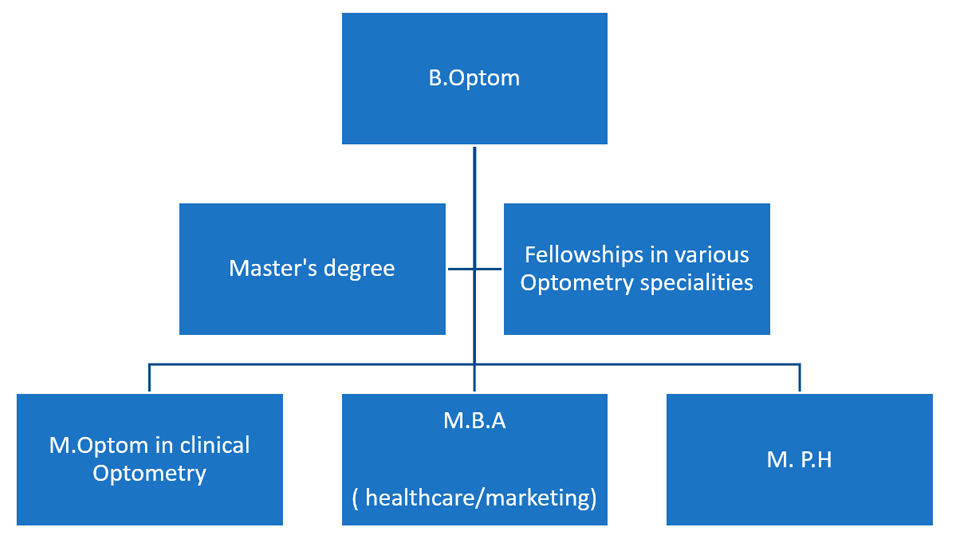
Optometry as Healthcare profession- Scope and Future
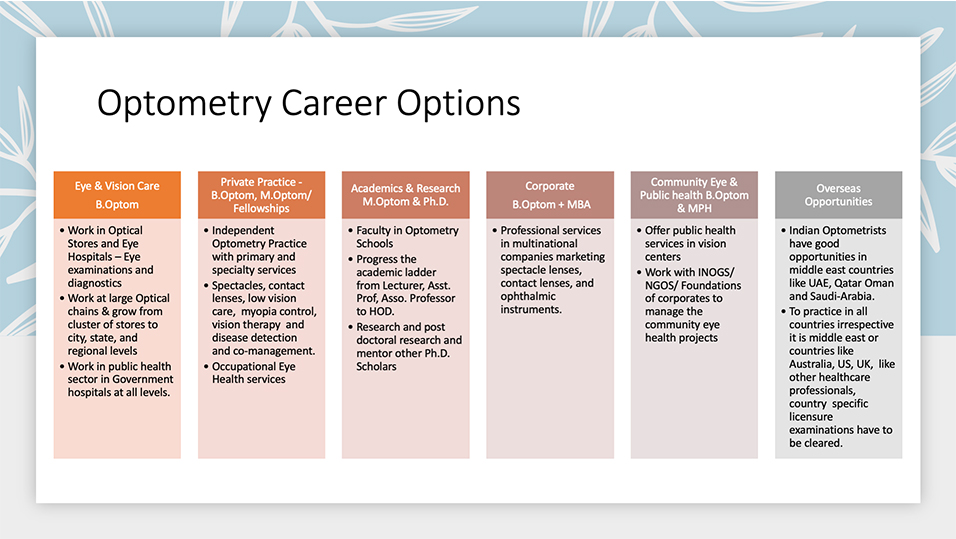
Today India has close to 80 Optometry schools in both public and private universities across the country. It is offered with a reasonably standard curriculum across India. Optometry graduates on completion are readily absorbed by the growing ophthalmic and optical trade and industry. Graduates can work in Optical stores, performing eye examinations and dispensing spectacles and contact lenses. Those who work in eye hospitals, not only perform basic eye examinations, but also specialized diagnostics like optical coherence tomography like a CT scan of the eyes, and electro diagnostic tests. Optometrists also have corporate opportunities where they can provide professional services in companies that market contact lenses, spectacles lenses, ophthalmic instruments, etc.
Optometrists can also have good opportunities in the community eye health and public health sector. Several national and international non-governmental organizations employ optometrists to monitor their programs.
Scope in Academics and Research
With the growing numbers of Optometrists and newer programs being introduced, there is an enormous need for Optometry educators. This along with a thrust on evidence-based research has opened several opportunities for academics and research in India.
Super Specialties in Optometry
Optometrists can also set up private practices, offering several eye and vision care services. Primary eye care includes basic eye examinations and dispensing of spectacles and contact lenses. Specialty optometry services are vision therapy for the management of muscle disorders of the eyes, and low vision care services for those who are visually impaired or partially sighted. Management of conditions like myopia progression, specialty contact lenses for reshaping the eyes called orthokeratology and dry eyes management are other upcoming specialties.
Conclusion
With the NCAHP Act 2021 being implemented, Optometry has got newer wings to fly higher and reach greater heights as a strong healthcare profession in India.
References
1. Kumar N. Role of an optometrist in ophthalmic practice. Indian J Ophthalmol. 1976 Apr;24(1):41-2. PMID: 1031386.
2. Warnock S. The Optometrist’s Rise to Power in the Health Care Market, or “It’s Optometric Physician, to You”. Science Communication. 2005 Sep;27(1):100-26.
3. De Souza N, Cui Y, Looi S, Paudel P, Shinde L, Kumar K et. al. The role of optometrists in India: an integral part of an eye health team. Indian J Ophthalmol. 2012 Sep-Oct;60(5):401-5. doi: 10.4103/0301-4738.100534. PMID: 22944749; PMCID: PMC3491265.
4. Dr. R Krishnakumar, Sankara Nethralaya
Optometry and how a single man was responsible to introduce it in India
Optometry is a primary healthcare profession regulated under the National Commission for Allied and Healthcare professionals ACT 2021. The act defines an Optometrist as a “Professional who studies eye, related ailments and specializes in the management of disorders of eye and visual system, limited in scope and complexity as performed by a medical doctor having Optometrists with a minimum of four years of a baccalaureate degree”. The University Grants Commission’s nomenclature for Optometry programs is, B. Optom for a four-year undergraduate program and M.Optom for 2-year master’s program.
Optometrists in simple words are eye health physicians and Ophthalmologists are eye health surgeons.
Optometry in India was established under the National Program for Control of Blindness as a 2-year diploma program to assist Ophthalmologists in outpatient departments, therefore giving them more time to perform the much-needed cataract and other surgeries leading to curable and preventable blindness. The first program was established in 1958, at Gandhi Eye Hospital in Aligarh, UP.
The profession of Optometry was already established in the late 1800s, in countries like the United Kingdom and the United States. The profession grew to such an extent that ophthalmologists almost saw the professionals as encroaching into their scope of practice.
Although Optometry was slow in its growth, the profession has certainly evolved the right way in India. Despite the exponential growth of Optometry, due to the growing needs of the population and the need for eye and vision care services, India still needs at least another estimated 100,000 optometrists as of 2023.
Below we give a firsthand report as to how due to the untiring, efforts of one man Mr. Vivek Mendonsa, Marketing Director, Lawrence & Mayo, ASCO INDIA was established in India and the first degree college in Optometry in Maharashtra was started in the year 2004 which has grown from strength to strength and optometry degree has been introduced in most Universities of India.
Starting of ASCO - India - My Point of View
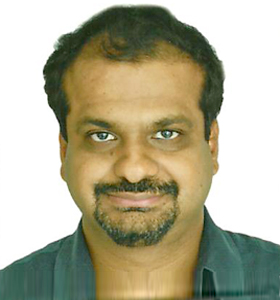
Click here for profile of Mr. Vivek Mendonsa, Director - Marketing, Lawrence & Mayo
In 2004, many Senior Optometrist and educators in optometry had gathered on a Sunday at Bharathi Vidyapeth School of Optometry, which was my idea and initiated by me in 1996 and came to fruition in 1998, being the 1st degree college of Optometry in Maharashtra.
Many others from New Delhi and other cities has tried to form an umbrella organisation of all institutes of optometry ,numbering not more than 20 ( graduating 400 students of optometry ) in 2004 both Diploma and few degree.
We were asked to volunteer and nobody put up their hand ,I raised my hand n Ms. Prema Chande ,my colleague and friend asked me to lower it ,saying ,"I have no idea what I was getting into " . I insisted, that I will do it.
In the following weeks I researched on the internet the best constitution keeping in mind international standards what we were aiming for. Unfortunately, after weeks the Charity Commissioners office in Working, guided me that they had a prescribed, fixed format and had to follow it. Our thoughts, views and plans ahead could be prescribed in Rules and Regulations. During one reading of draft constitution, a lady optometrist did not receive an email invitation and I was insulted in front of the group. Such harsh circumstances made us tougher to achieve our ultimate goal.
Finally, ASCO-India was registered with a handful of 6 people and joint signatories.
All over the world ASCO - USA and ASCO - Australia existed.
We passionately worked on CMOC - Common Minimum Optometry Curriculum, which was a team effort of about 12-16 senior Optometrist and ILOCS.
We floated the concept to many deemed universities which had a medical College to start an institute of optometry as well as to several well established eye hospitals. Ably assisted by Ms Prema Chande ,Aditya Goyal ,Dr Ramesh S V V ,supported by Dr Krishna Kumar ,Senior Optometrist Kunda Ganatra ,Optom Ajit Limaye from Sangli and Ms Lakshmi Shinde .
We grew exponentially to over 100 plus institute .We took assistance and support of Indira Gandhi National Open University to start several study centres affiliated to Eye -; Hospitals .
We did the same in Maharashtra, thanks to Mr Pramod Kulkarni we could tie up with YCMOU - Yeshwantrao Chavan Maharashtra Open University (Vice - Chancellor Pandit Palande )
My journey started in Optometry in 1996 when I approached University of Pune ( Senate Member - Shri Bhushan Patwardhan ,who has just resigned from UGC ) ,D Y Patil and Bharathi Vidya Peth ,which took me one week to sit outside Dr V N Karandikar ,Medical Dean ,cabin to finally get an appointment ,along with Shri Vijay Thorat of Lynx - Lawrence & Mayo .Under the auspicious hands of Dr Patangrao Kadan ,Dr Shivajirao Kadam the Bharathi Vidyapeth Institute was born in 1998 .
It took me ,Optom Veshal Madan and my teacher Amod Gogate to establish the Board of Studies with Dr Dandare Dr Bhoite offcourse Dr V N Karandikar the complete syllabus ,pedagogy etc .
Role of Optometry – A global perspective
LSW got the privilege of working out an exclusive interview with Prof Peter Hendicott, President, World Optometry Council.
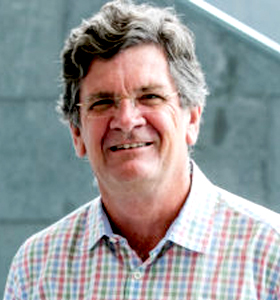
LSW. Compared to Ophthalmology and Ophthalmologists, Optometry does not have the recognition as a study and profession in many countries. Your comments
Prof Peter: There are multiple factors at play in this situation. A major issue is the lack of legislation (regulation) in many countries. Legislation, where it exists, restricts the practice of optometry to only those people who have undertaken the necessary education and training to be able to be called optometrists. Legislation’s purpose is to protect the public from people without the necessary knowledge and competencies. Legislation may also define what the level of optometry education should be, or, more importantly, the minimum skills and competencies expected as outcomes from optometry education. As a profession, being recognised by legislation, and by the level of education and its outcomes, increases public confidence in the profession, and thus builds recognition.